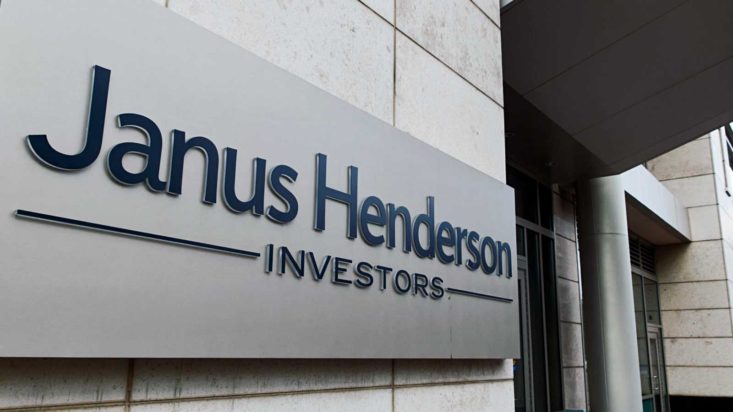Emerging markets on ‘cutting edge of global trends’
Emerging markets, but primarily China, have garnered the majority of headlines in recent weeks. Whether it was the implications of Australia’s submarine deal with the US, the impending collapse of Chinese property development giant Evergrande, or the regulatory ‘crackdowns’, sentiment towards investing in the region has rarely been worse.
Despite the laundry list of issues, global asset manager Janus Henderson (ASX:JHG) remains constructive and positive on the long-term outlook; but with a number of caveats. According to its latest update, “the opportunity to gain access to value-added technologies and intellectual property within emerging market (EM) economies has never been greater”.
That said, Janus highlights the growing risk of viewing emerging markets through a single lens. “Disparate responses to the global pandemic are resulting in varying near-term outlooks,” it says, which is one of the key reasons investments in the region have fallen so precipitously since reaching all-time highs in February.
Long seen as the beneficiary of “offshoring” and “economic convergence,” Janus suggests these themes are now being usurped by innovation. While the so-called ‘crackdowns’ of earlier this year have been a headwind, it remains confident that the Chinese government understands the role that tech companies play in increasing efficiencies, providing needed services and ultimately, reducing inequality.
“EM equities are not monolithic” and shouldn’t be treated as such, says Janus. The shifting drivers in the Chinese economy mean its future advancement will be driven more and more by innovative private companies, not state-owned entities, who are able to support the “ascent of digitally native, middle-class consumers”.
Nowhere is this better evidenced than in the evolution of MSCI Emerging Market Equity Index over the last decade. While traditional state-owned businesses like banks, energy and materials remain the largest part of the index, their share is falling quickly, being replaced technology, semiconductors, media and healthcare companies. The same can’t be said for the S&P/ASX200.
SOEs are increasingly being relied upon to “perform acts of national service,” says Janus, particularly during the pandemic, meaning investors must focus more than ever on the downside. In fact, the manager suggests “avoiding certain securities all together” given the divergent nature of the economy.
Rather than simply walk away from the region like many high-profile investors have declared, Janus advises taking a “multi-lens approach” that considers company fundamentals, corporate governance, political changes and macroeconomic policy. With the backdrop of the pandemic waning, particularly in China, a “broadening of investment opportunities” is occurring but with a “wide-ranging spectrum of trajectories”.
Most importantly, China finds itself on the ‘cutting edge’ of many global trends, none more so than decarbonisation. The recent announcement of an intention to be carbon-neutral by 2060 will have profound impacts on the resources sector, with coal as a source of energy to fall from 57 per cent to just 3 per cent, as non-fossil fuels grow.
Janus remains bullish on the technology sector but particularly those that align with the government objectives of ‘increasing productivity and economic growth’. It highlights the growing role that EM countries are playing in healthcare innovation, benefiting from significant policy support.
“Staying on the right side of these economic and social policy objectives, in our view will be key to investment returns” Janus concludes.











